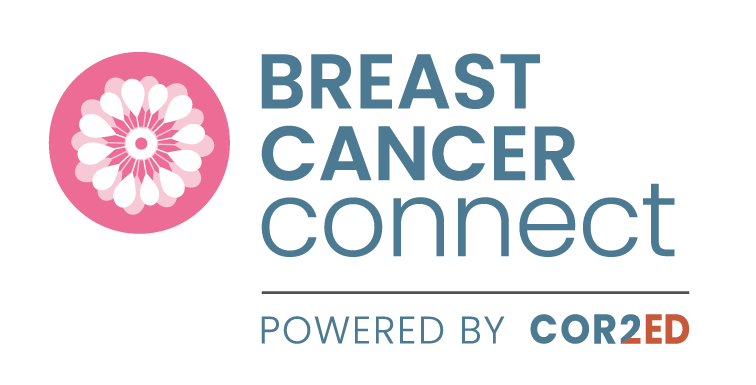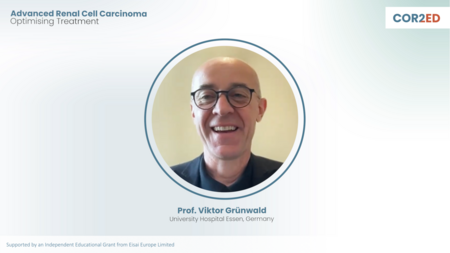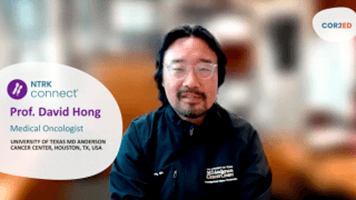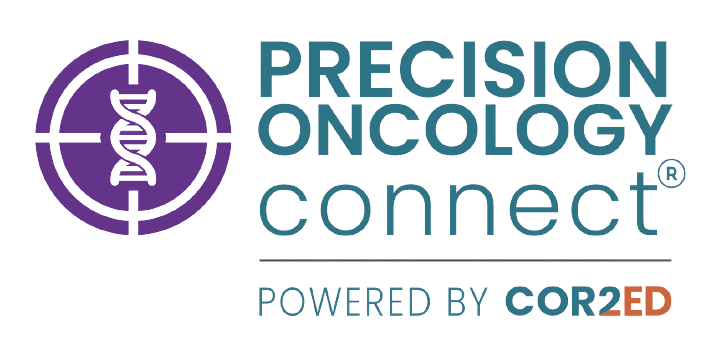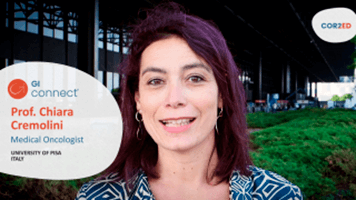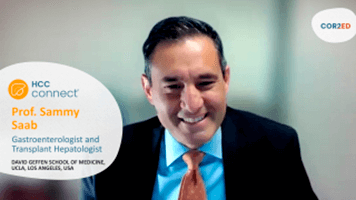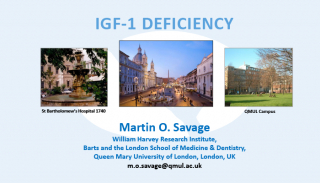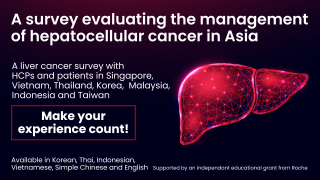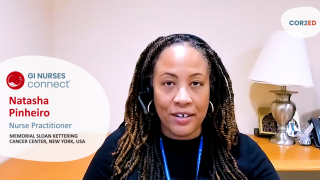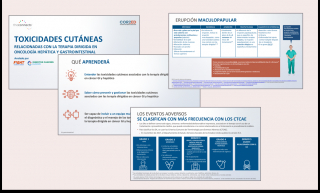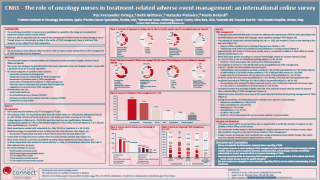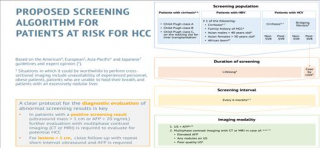
Skin toxicity related to targeted therapy: interactive e-learning
Skin toxicity related to targeted therapy: interactive e-learning
Natasha Pinheiro, Dr. Nicole R. LeBoeuf, Dr. Victor Hugo Fonseca de Jesus, Dr. Catherine Frenette
An interactive e-learning on skin toxicity related to targeted therapy in GI and liver cancers
Natasha Pinheiro
Nurse Practitioner
Memorial Sloan Kettering Cancer Center
United States (US)

Dr. Nicole R. LeBoeuf
Dermatologist
Brigham and Women's Hospital
United States (US)

Dr. Victor Hugo Fonseca de Jesus
Medical Oncologist
A.C. Camargo Cancer Center
Brazil

Dr. Catherine Frenette
Gastroenterologist and Hepatologist
Scripps Clinic Center for Organ and Cell Transplantation
United States (US)


Natasha Pinheiro
Nurse Practitioner
Memorial Sloan Kettering Cancer Center
United States (US)
Natasha A. Pinheiro is an adult-gerontological primary care nurse practitioner working with the solid tumor gastrointestinal medical oncology group at Memorial Sloan Kettering Cancer Center in New York. She completed her Bachelor Science in nursing from New York University and her masters of science in nursing, adult nurse practitioner form Long Island University. Ms. Pinheiro specializes in the medical management of patients with gastrointestinal cancers, focusing on colorectal cancers with hepatic arterial infusion pump therapy, upper GI and hepatobiliary cancers. She has served on multiple HCC advisory boards and has been a member of the Nursing Advisory Board of the Cholangiocarcinoma Foundation.
Natasha Pinheiro has received financial support/sponsorship for research support, consultation, or speaker fees from the following companies:
Natasha A. Pinheiro is an adult-gerontological primary care nurse practitioner working with the solid tumor gastrointestinal medical oncology group at Memorial Sloan Kettering Cancer Center in New York.

Dr. Nicole R. LeBoeuf
Dermatologist
Brigham and Women's Hospital
United States (US)
Dr. Nicole R. LeBoeuf has received financial support/sponsorship for research support, consultation, or speaker fees from the following companies:

Dr. Victor Hugo Fonseca de Jesus
Medical Oncologist
A.C. Camargo Cancer Center
Brazil
Dr. Victor Hugo Fonseca de Jesus has received financial support/sponsorship for research support, consultation, or speaker fees from the following companies:

Dr. Catherine Frenette
Gastroenterologist and Hepatologist
Scripps Clinic Center for Organ and Cell Transplantation
United States (US)
Dr. Catherine Frenette has received financial support/sponsorship for research support, consultation, or speaker fees from the following companies:
E-learning |
60 min
|accreditation:
ACCME |
Sep 2020
This programme was made for you: your opinion matters
Share your feedback in just 4 clicks and help us to continue to create the content you need.
I agree that this educational programme:
Was valuable to me:
1/4
Has improved my knowledge of this topic:
2/4
Is likely to change my clinical practice:
3/4
Was balanced and unbiased:
4/4
download resources
This programme was made for you: your opinion matters
Share your feedback in just 4 clicks and help us to continue to create the content you need.
I agree that this educational programme:
Was valuable to me:
1/4
Has improved my knowledge of this topic:
2/4
Is likely to change my clinical practice:
3/4
Was balanced and unbiased:
4/4
This e-learning will help nurses and physicians alike better understand skin reactions to targeted therapy in GI and liver cancers. The course aims to support the prevention, diagnosis and management of these dermatologic adverse events and encourages a multidisciplinary team approach to optimise patient care.
Find out more about the programme in the short video, and start your learning journey now:
- Download an educational slide deck to capture the key content
- Obtain your own copy of our helpful leaflet to give to your patients
- Follow the link above to access the accredited e-learning
Targeted therapies lead to more dermatologic adverse events than are seen with non-targeted therapies. Skin toxicity may lead to changes in dosing, physical and psychological discomfort or pain, therefore increasing the risk of total treatment interruption, potentially leading to exacerbation of the patient’s cancer. Pre-emptively addressing and treating these potential skin toxicities may improve the quality of life for the patient and allow them to continue on therapy longer. A multidisciplinary team effort amongst healthcare professionals in the prevention, diagnosis, and management of skin toxicities associated with targeted therapy in liver and GI cancers, including hepatocellular carcinoma, colorectal cancer, pancreatic cancer, neuroendocrine tumours, gastric cancer and GIST is widely recommended as a best practice approach.
A number of recognised CME credits are available after completing this e-learning course. The e-learning is accredited for European CME Credits (ECMECs) and certified for AMA PRA Category 1 CreditsTM as well as American Board of Internal Medicine (ABIM) MOC credit.
Supported by:


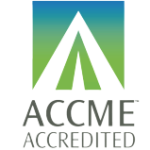
Planned and implemented in accordance with the requirements and policies of the Accreditation Council for Continuing Medical Education (ACCME)
HCC CONNECT is an initiative of COR2ED, supported by an Independent Educational Grant from Bayer and from Eisai Europe Limited.
Other programmes of interest
Other programmes developed by Natasha Pinheiro
Other programmes developed by Dr. Victor Hugo Fonseca de Jesus

Dr. Victor Hugo Fonseca de Jesus
Medical Oncologist
A.C. Camargo Cancer Center
Brazil








